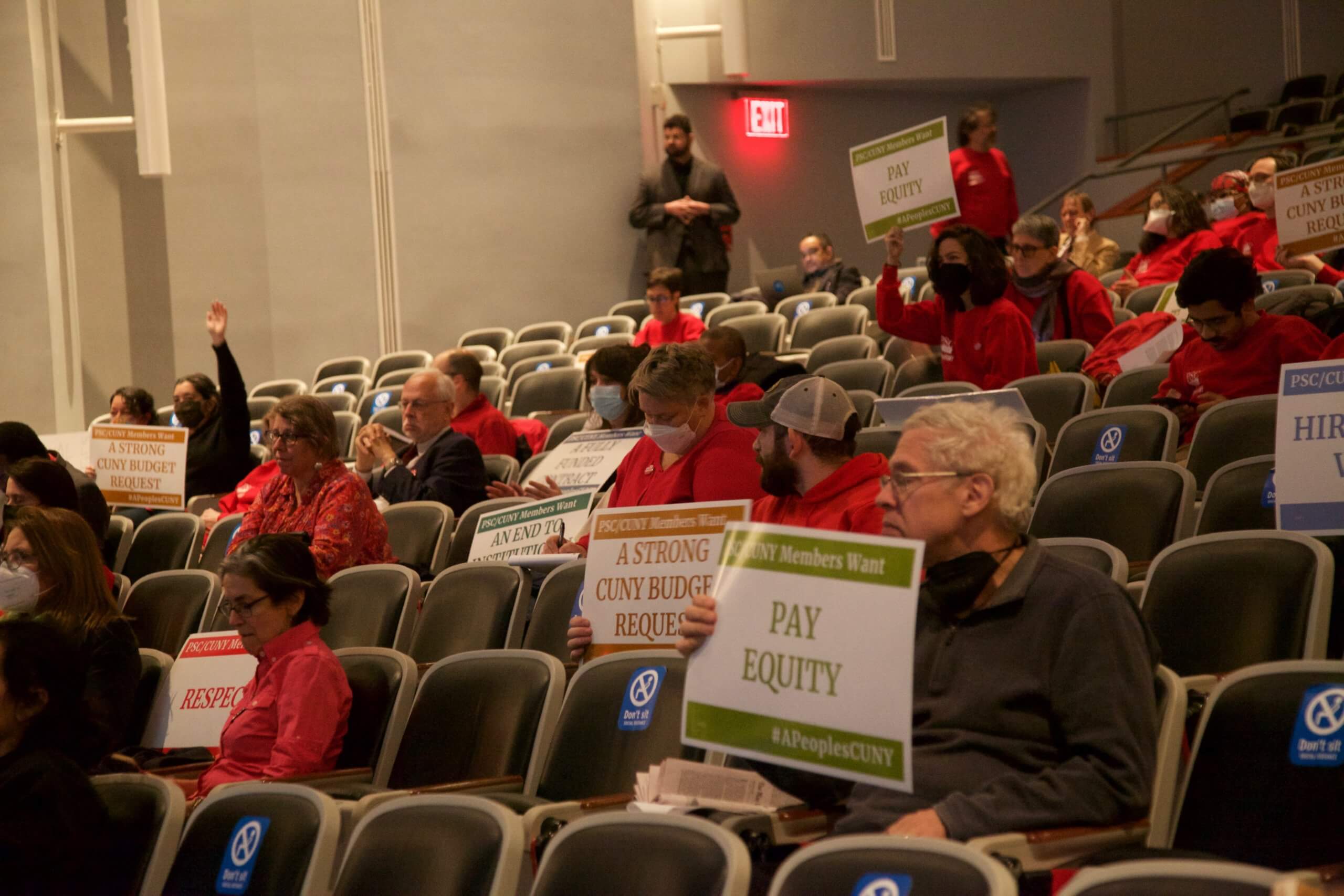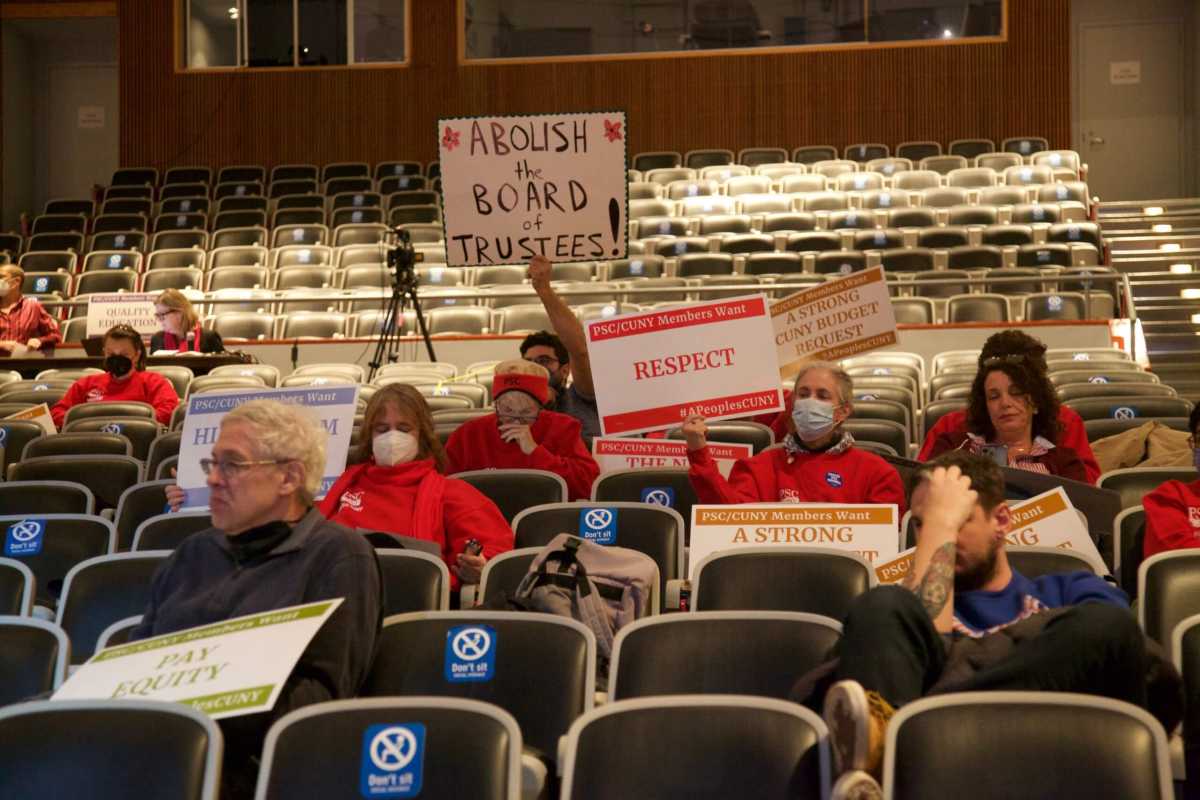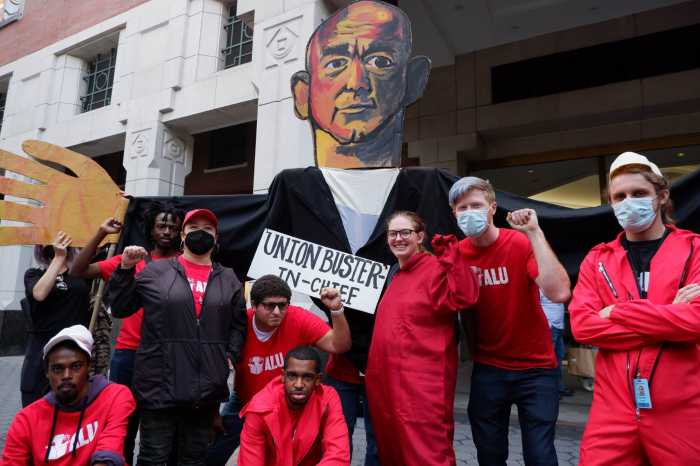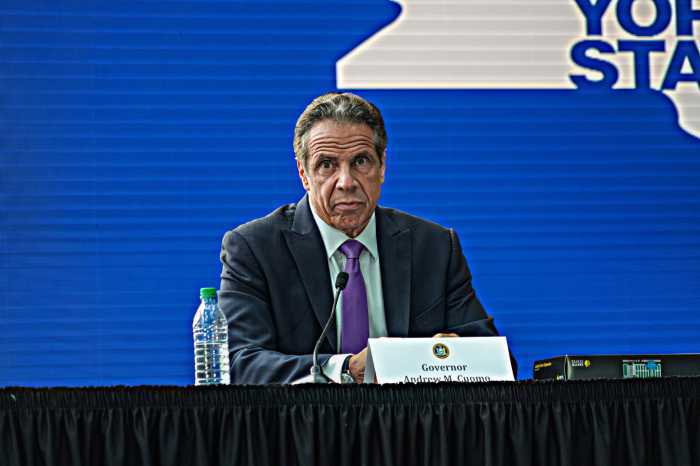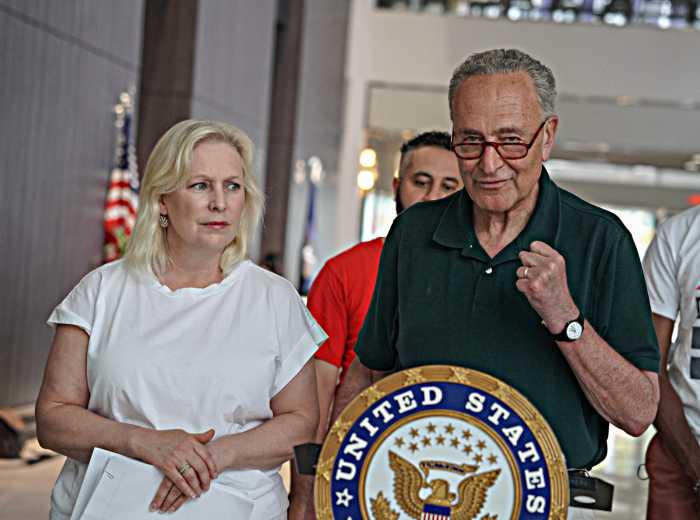Members and leaders of the Professional Staff Congress, the CUNY faculty and staff union, testified in front of the CUNY Board of Trustees on Monday night, demanding maximum university funding and better wages.
Addressing the Board a week before it votes on whether to approve the University Budget Request for the coming fiscal year, union members’ aim was twofold: to keep the budget increases coming and to begin to demand salary increases and better working conditions in the upcoming union contract.
In the two hours of testimony, union members raised alarms over instances of public disinvestment in the CUNY system, from substandard salaries to deteriorating facilities.
For years the Board has approved budget requests that union leaders felt were inadequate for operating the budget, but CUNY’s budget request last year upended that trend. After making an expansive request with support from the Legislature and Governor Kathy Hochul, CUNY received the largest year-over-year increase in operating funding in decades: $235 million.
Now the Board is seeking to continue that trajectory in next year’s budget. Its request for fiscal year 2024 includes a $339 million increase in state funding and $80 million in additional city funding.
PSC’s President James Davis urged the board to pass the university’s fiscal 2024 budget request in full.
“It is not enough to simply approve this budget request, I urge you to push for every penny in it, publicly and relentlessly,” said Davis. “The university needs a transformative investment.”
Davis told amNY that encouraging pieces of the budget includes funding to increase the number of academic advisors, mental health counsels and new full-time faculty. It also addresses faculty diversity and the system’s physical infrastructure.
With their collective bargaining agreement with CUNY expiring at the end of February, the budget request represents the first step toward pushing for increased salaries in the upcoming contract.
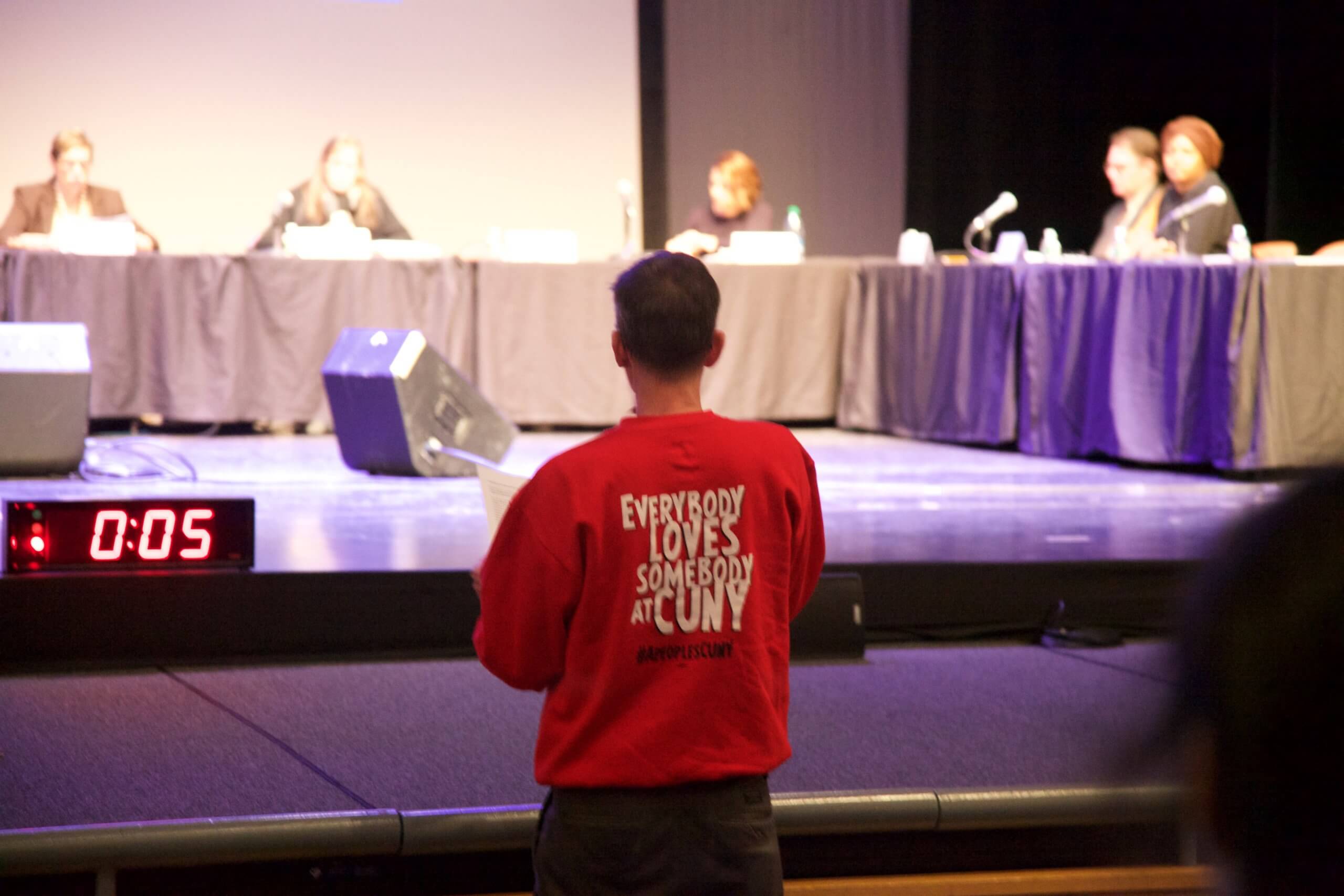
“In anticipation of upcoming contract negotiations. I urge you to receive funding for real raises — raises above inflation,” James said.
Penny Lewis, labor studies professor and PSc secretary, pointed out that some senior members of CUNY management received retroactive raises of 30%, amounting to a $90,000 bonus in some cases. Lewis said that the Board needs to treat faculty as generously as they treat their own managerial ranks.
“They’re not keeping up with the cost of living. They’re not competitive with other systems, let alone in the New York City market. Average salaries for CUNY senior college professors are substantially lower than at comparable SUNY, Rutgers, UMass, University of Maryland to name just a few,” she said.
Laura Beaty, social sciences professor at LaGuardia Community College, testified that the role of the university plays an increasingly critical role in students, who are coming out of the pandemic with soaring rates of trauma and adverse childhood experiences.
“They need faculty and staff who have the time to help them develop not only the academic skills they need, but the emotional stability that is needed,” she said.
The importance of office hours and personal engagement with students, as well as more research opportunities, is related to another criticism that Davis made of the proposed budget.
CUNY got $53 million additional dollars earmarked for new full-time hiring, which he said was great, except for the fact that it authorized the hiring of 450 lecturers and only 120 professors. Davis said that the university system needs to be hiring more professors to plan for the future.
Retirement and attrition has removed hundreds of professors during the pandemic, he said, “to really revitalize the university and make up for the professors that are retiring.”
